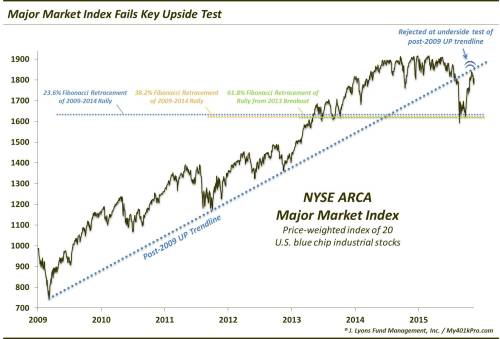Now – After Reading these 10 Points :Watch BLUE CHANNELS for an hour and check off how many of these ‘red flags’ you hear…
For years I had a pet theory about how your abilities improve over time in any given vocation. My thought was that every year you work, you learn one critical aspect of the job. Over the first few years, the percentage improvement in your knowledge is quite impressive: 50% in the second year, 33% in the third, and so on as you pick up new and important insights. And while years 15-20 might offer up slower growth, you also have less competition from your more junior peers. They’ve figured out fewer points, after all.
A few examples of these critical lessons from my 20+ years analyzing stocks, markets, and the economy on both the buy side and sell side:
Rule #1: The marginal buyer and seller set prices for everything. You may have point of view on value, but the actors setting the price don’t care about your opinion. Seriously – they don’t.
Rule #2: If you don’t know what to do or say, don’t do or say anything. Boredom is investor’s greatest enemy. Thrashing around is for mosh pits and three year olds.
Rule #3: If you can’t explain your competitive advantage in three sentences, you don’t have one. That’s true for analysts, portfolio managers, company executives, startup companies, writers, etc.
Rule #4: It is OK to be wrong. Just don’t lie to yourself or anyone else about being wrong.
The second part of my imaginary rule set was that there were 20 questions that mattered to any job, so two decades of experience should get you to the end of the journey. I can tell you that, with 22 years in the business of analyzing financial assets, this part is wrong. And in keeping with Rule #4, I am fessing up. The true count is probably more like 100, which is why only vampires have a shot of figuring everything out. Zombies would have a shot, too, if it weren’t for the whole mindless existence thing.
To be fair, part of the problem of harvesting those elusive 20 – 100 points from the sea of capital markets aphorisms and rules is that there are so many false leads. At first they look useful, but like a poorly made tool they eventually shatter under heavy use. Since I am prone to list-making, I have also kept a short collection of these false gods. (more…)


 One of intelligent honest things that
One of intelligent honest things that 


 1. I must be
1. I must be 